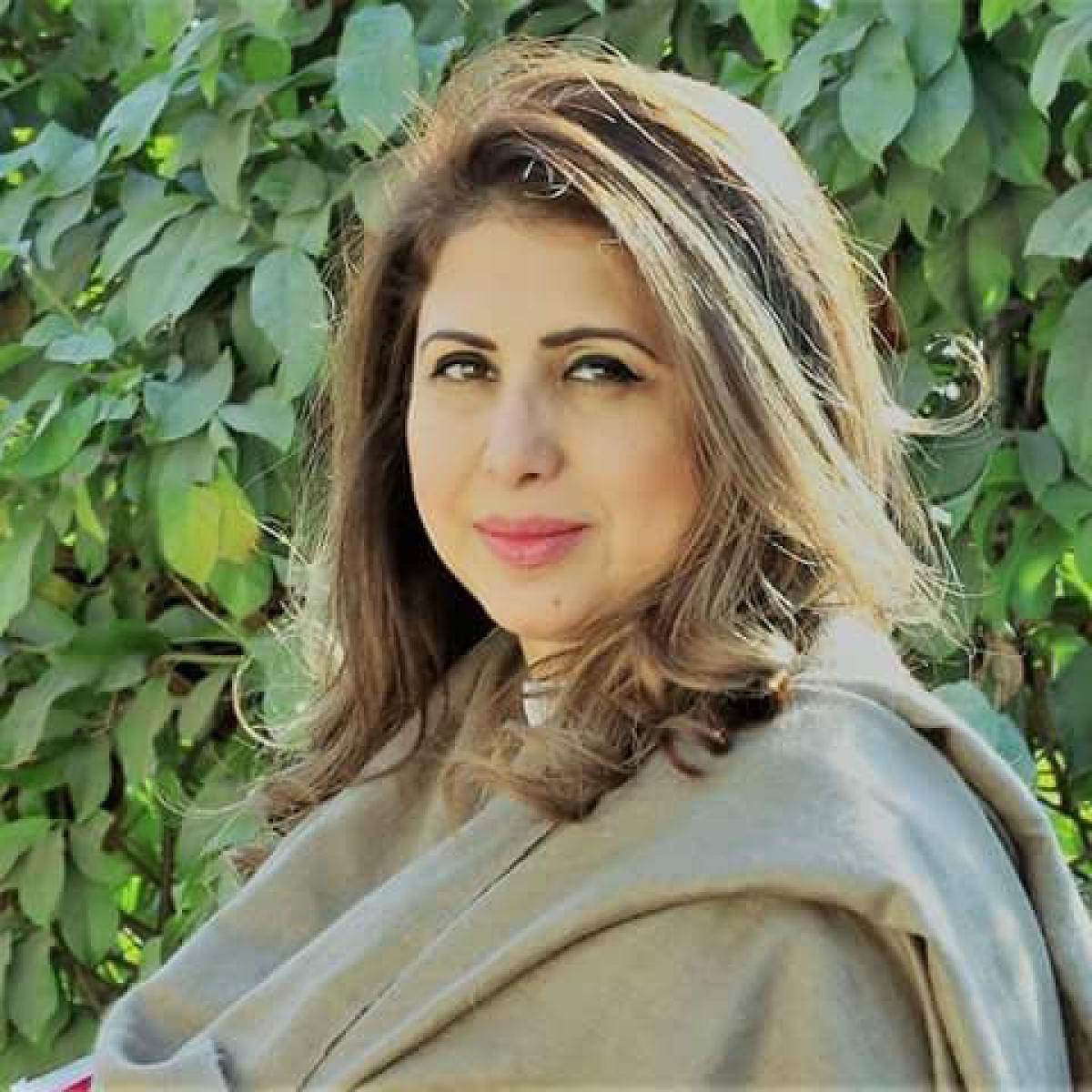
“This cage of bones and flesh that holds me prisoner... makes a mockery of me and my desires. How can anyone be held responsible for the body they’re born with?” So laments Bhanggi, the intersex protagonist in Faiqa Mansab’s path-breaking debut novel, This House of Clay and Water. Born in Lahore, Faiqa writes to give voice to the silent and oppressed, creating in Bhanggi a rare character who breaks all preconceived notions of desire, sexuality, and gender.
With a Master’s degree in Gender Studies, writing about discontent and disenfranchisement comes naturally to Faiqa. “The discontent is about the inequality women face in every walk of life. How their very lives are held hostage to men in power, whether they are family or not,” she says. This House of Clay and Water brims with that fierce discontent, a rage that echoes the suffering of the disenfranchised, passionate energy that permeates all of Faiqa’s work. “A woman’s body is an honour, desire, possession, and also a site of politics. What is she wearing? Why? Where is she taking her body? That body can be legislated upon without her consent. That body can be penetrated without her consent. Her consent is itself political and debatable in houses of law and Parliament in various countries even now.”
Faiqa grew up in a haveli in Lahore, in a mansion brimming with birdsong before moving to Islamabad and then the UK a decade or so later. Faiqa recalls Lahore with fondness, the city being the central force around which her characters in the book revolve. But Pakistan in the 80s was dominated by patriarchy, lack of opportunities for women, and gender discrimination. Sadly, it doesn’t look like much has changed since then. Pakistan is ranked among the world’s 12 worst performing countries on the Women, Peace and Security Index by the Georgetown Institute.
Every year, on International Women’s Day, Pakistani women hold an Aurat March demanding an end to violence against women. This year, the Aurat March was held in seven cities across the country. The demands were basic, with the women marching for safety from gender-based violence and even access to healthcare. But that resulted in a backlash from Pakistani Taliban, which denounced the Aurat March as spreading obscenity and vulgarity. “What scares me the most is the hidden Taliban in every household,” Faiqa says. And what’s the hidden Taliban?
The sort of people, Faiqa explains, who defend themselves as educated feminists. “Such men and women start by saying, look, I am a feminist, but who will a man ogle at? A Hijab-wearing woman or the woman in a mini skirt? Why should a man ogle at all is a question they dismiss.”
Transgender people are still under threat and being murdered almost every day, Faiqa adds. “There is only one role for transgender people, and the moment they or any minority or oppressed group speak up, they are shut down or shut out.”
Violence against women is common but often underreported. Despite that, a recent Pakistan Demographic and Health Survey estimated that as much as 28% of Pakistani women had experienced physical violence by 50.
Despite the backlash it faced, growing feminist movements like the Aurat March promise change, but those changes haven’t led to greater movements yet. That’s because grassroots feminism has been overshadowed by what Faiqa terms as ‘performative feminism and performative activism.’ Tokenism has taken pride of place instead of real activism, she says.
So, although there has been progress, gender biases remain deeply entrenched still. “Women don’t get equal pay; they are not financially secure. Divorce is not as uncommon as before and not such taboo, but divorced women are still the brunt of lewd jokes. All of this is patriarchy.”
And it’s why Faiqa labels her work and art as a roar against patriarchy, as a declaration of independence from conformity. None of the main protagonists in her book conform to the societal expectations placed on their gender. They struggle and suffer for it, stuck in the roles that society has prescribed for them. “Gender roles are coded into societies,” Faiqa says.
For Faiqa, gender is at the heart of power struggles around the world. “Our age is defined by Victorian rules of conduct, and gender was defined rigidly by the Victorians. The idea of the fragile female, the alpha male, and the horror of any gender or body divergent from these roles is bequeathed to us from them and has carried on since then. Masculinity is not naturally toxic, it has become so, and we continue to reinforce it through movies and other social parameters,” she explains. As a result, women are looked at only in terms of binary stereotypes and are neither treated equally as citizens nor even as human beings. While that may be the reality, for now, it’s a reality that Faiqa is fighting against, one word at a time, one voice at a time, one story at a time that voices that discontent.